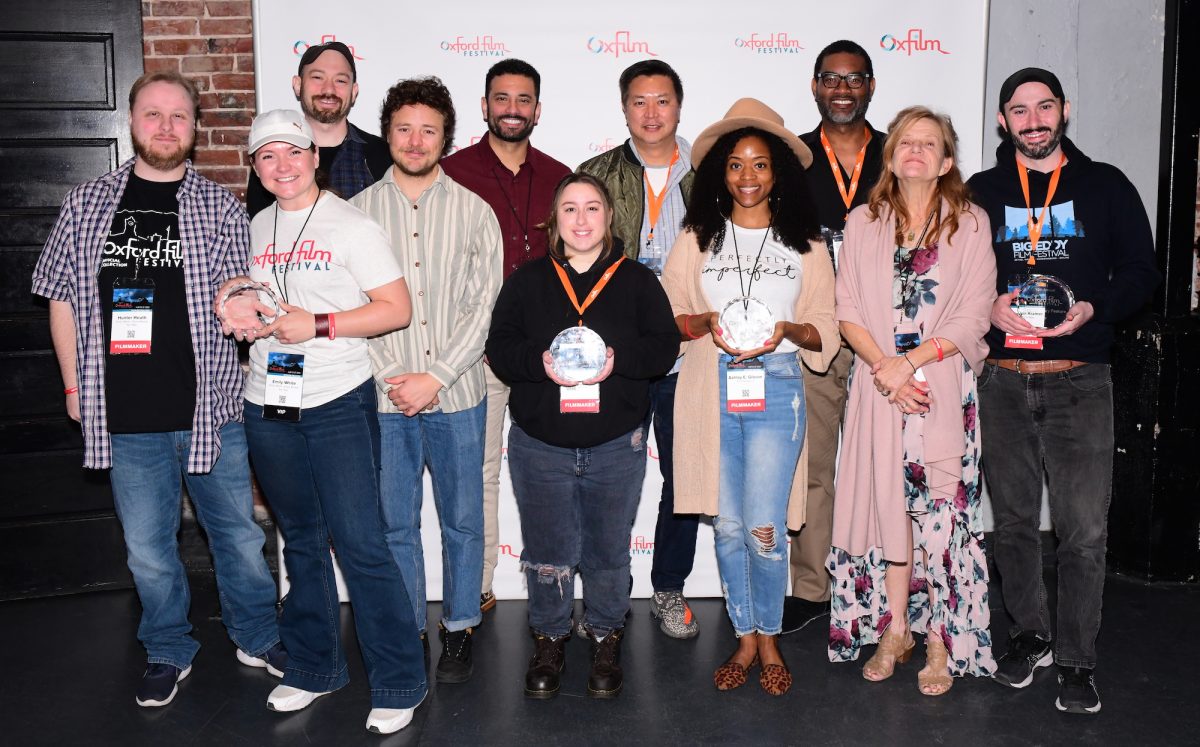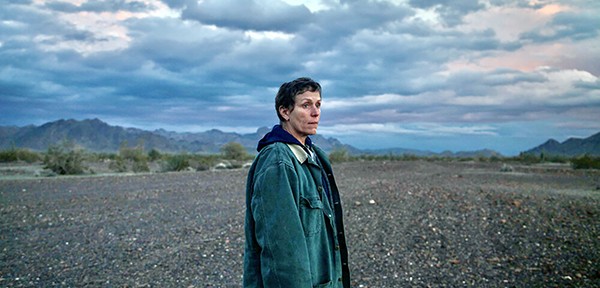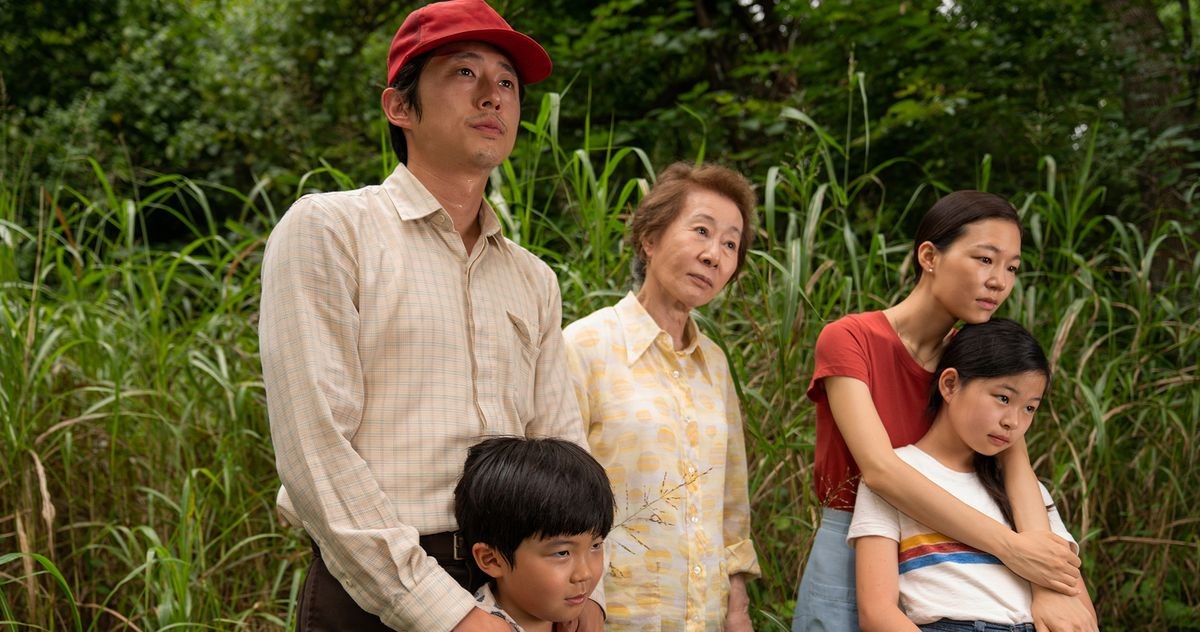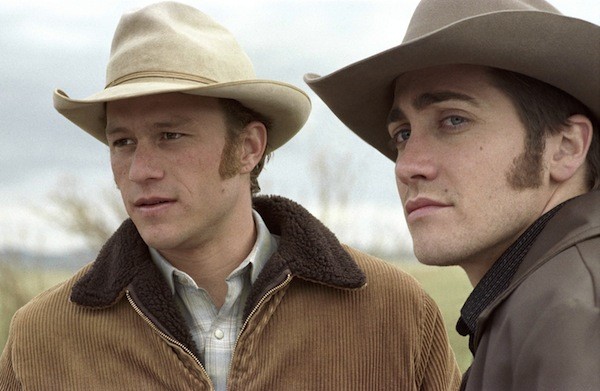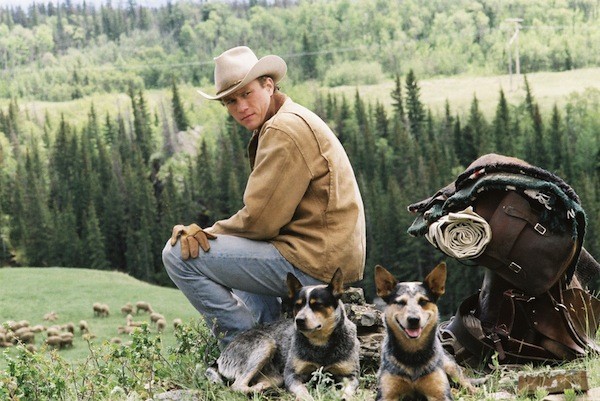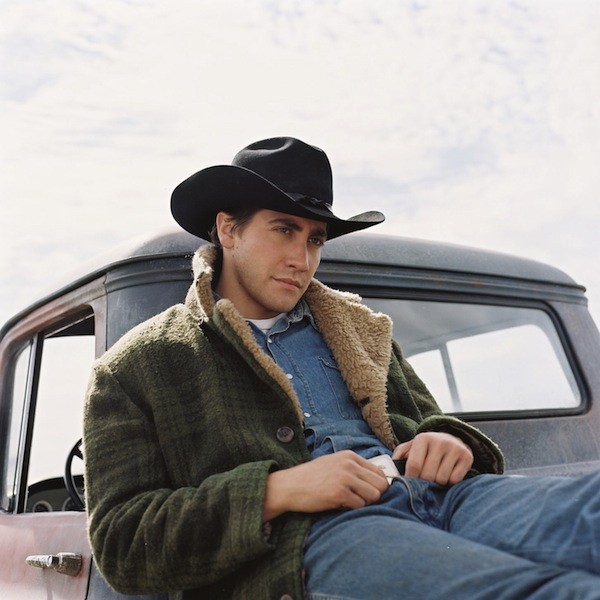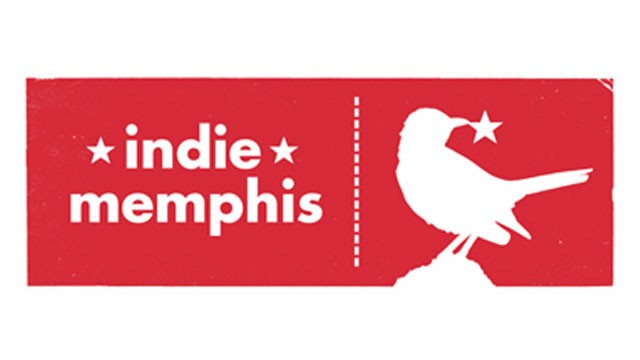“October Country . . . that country where it is always turning late in the year. That country where the hills are fog and the rivers are mist; where noons go quickly, dusks and twilights linger, and mid-nights stay. That country composed in the main of cellars, sub-cellars, coal-bins, closets, attics, and pantries faced away from the sun. That country whose people are autumn people, thinking only autumn thoughts. Whose people passing at night on the empty walks sound like rain. . . .” -Ray Bradbury
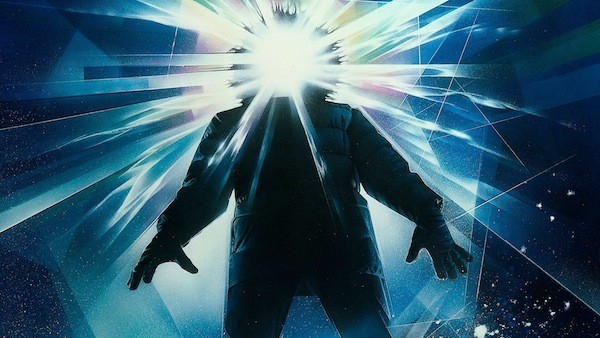
I love October, which might explain my love for Ray Bradbury and Halloween—or it might be the other way around. This October, I had the idea that we could write about some great, and maybe not so great, horror movies. Longtime Flyer film correspondent Addison Engleking loved the idea, and will kick off his month of columns next Wednesday with John Carpenter’s The Thing. But when I asked Eileen Townsend to participate, I made a startling discovery, as you will see from our Google Hangout Q&A:
Chris McCoy: You have never actually finished a horror movie, correct?
Eileen Townsend: I’ve seen the beginning and the very end of plenty of horror movies, just not the stuff in the middle. I like the scenes where they move into the scary house, and then the ones where they drive away, never to return. Basically uninterested in whatever happens in between.
CM: So, when you were in high school, and people got together to watch horror movies, you were pretty much out of the room?
ET: Let me put it this way: When “Are You Afraid of the Dark” came on television, I read the encyclopedia in another part of the house. That is how I got where I am today.
CM: What is it that turns you off of horror movies?
ET: Loud noises, suspense music, death gasps, chainsaw massacres, people in masks, people taking off masks, weird shapes emerging from televisions, innocuous family members who turn out to be ghosts, eurotrips gone wrong. But I think really it’s that I know I’m watching a horror movie so something very bad is going to happen at some point and there’s nothing I can do to stop it.
CM: Horror movies are one of the oldest and most successful film genres. Why do you think that is? What do you think people get out of watching horror?
ET: In terms of horror movies that involve ghouls and demons and bats out of hell, I think the world building aspect of it is probably alluring. Like, we have all these infinitely re-definable sorts of things that go bump in the night. A vampire in 2015 is not the same thing as a vampire in 1970. If I weren’t so freaked out, I’d be interested, too.
In terms of movies about ruthless killers who walk amongst the living, I think we need some fantastic vision of murder and torture to avert our thoughts from the ordinariness of evil.
A dark outlook, maybe.
CM: There’s an aspect of sexual punishment in a lot of horror movies, especially the 80s slasher genre.
Women who enjoy sex are the first to be killed, and virginal women are the ones who survive.
ET: It’s always better to be reading a book in your bedroom than making out with dudes in a hot rod.
If you want to avoid MURDER.
[It’s] a great example of how genre/fantasy movies often have a better cultural pulse than Films, capital F. When you’re making a movie about zombies, you’re already working with a level of imaginative hyperbole. There’s less preciousness about the kind of things that are getting said or done in B flicks, and that’s cool.
CM: Are you bothered by explicit violence in all movies, or is there something about the horror movie that makes it especially troubling?
ET: It’s not seeing the gore, it’s the suspense I can’t take. You could show me a movie called “The Surprise Party” with an hour and a half of creepy violin solos leading up to a 6 year olds birthday party and I would be equally as freaked out as I was during Saw. Hypothetically. I’m the sort of person who shouts “WHAT’S GOING TO HAPPEN?” during longer commercials.
CM: Personally, I can’t take the Saw/Hostel Torture Porn subgenre. A movie like Dracula or The Thing is great, but just gore for gore’s sake is troubling to me. And there’s something about the politics of Torture Porn, which originated during the Bush War On Terror period, that seems really gross and horrible.
ET: I don’t have any high falutin theories about why people like that stuff, except that it seems to me like it exercises our brains in a certain easy way. We see: SEX DEATH SEX DEATH FAST CARS and we don’t have to think much. It’s the film equivalent of bungee jumping. I think eventually people must lose sensitivity to that stuff, though, and they have to start sawing off prostitutes arms in more fucked up ways.
CM: So, for Horrortober, you’re going to be trying to watch some horror movies and reporting back on your impressions. Does this constitute torture for you?
ET: I’m going to need one of those eyelid-opening devices from A Clockwork Orange to make it through.
CM: So what’s up first in your list?
ET: I’m thinking Dracula, if only because I once wrote an essay for a book called “Vampires, Zombies and Philosophy”.
CM: Thank you for subjecting yourself to this experiment.
ET: I don’t really know what I am signing up for.
CM: Maybe we can get Contemporary Media to pay for your therapy in November.
ET: I’m probably not going to sleep for all of October, so I’ll at least need bedrest.
